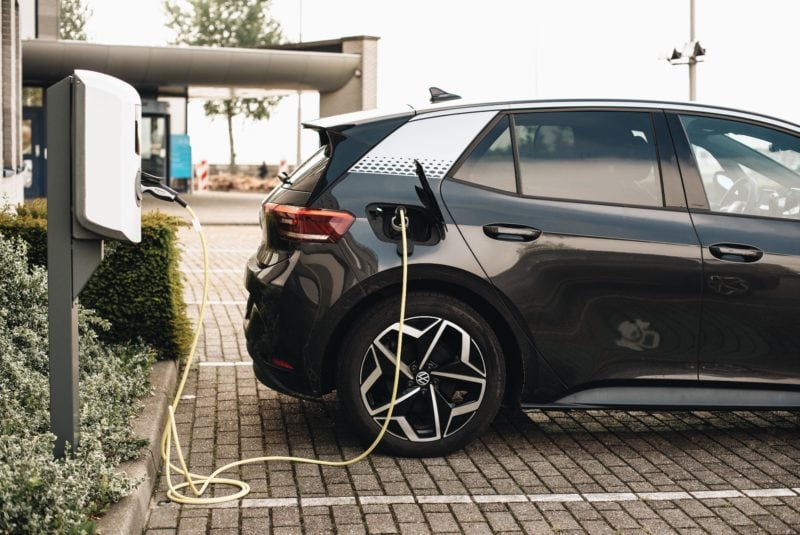
Maintenance costs for a light-duty, battery-powered car are around 40 percent less per mile than for a gas-powered car, according to a recent report from the U.S. Department of Energy’s Argonne National Laboratory.
The Office Of Energy Efficiency and Renewable Energy highlighted the findings in a new post, which explains that electric vehicles lack timing belts, oxygen sensors, fuel filters, spark plugs, multi-speed transmissions and other parts than can prove costly to service in conventional cars. And, whereas gas-powered cars require regular oil changes, EVs have no need for motor oil.
The report finds that while gasoline-powered cars cost around 10 cents per mile on average to maintain, electric cars cost only around 6 cents per mile. Hybrid cars cost around 9 cents per mile to maintain, with savings on brake maintenance making them cheaper to service than conventional vehicles. The findings add to a growing body of work showing that, factoring in savings on maintenance and fuel, EVs are often cheaper to own than conventional cars, despite having higher upfront costs.
The difference in maintenance costs between gasoline-powered cars and electric […]











Eisenhower really could see the future and what it could bring if we were not vigilant. I wish we had another Eisenhower type person now to envision the needs we have now.
The electric vehicles of today are actually quite nice. I’ve had the chance to try several models. Great for around town errands. And less moving parts etc. most definitely reduces maintenance costs. Reducing the 24% of the world petroleum used for personal transportation would be substantial. But if you need large carrying (or towing) capacity, or range beyond a few hundred miles they are still very impractical. All the chargers in the world will not fix slow charging times. Until you can fully recharge an EV in the time it takes to fill a traditional fuel tank EV’s will remain cumbersome. 45 minutes recharging every three hours on a long trip would be unacceptable to most road warriors. Tractor trailers as well. And what about the other methods of freight hauling that consume the other 70% of oil? While electrified rail lines may be possible. Container ships, not. Same with aircraft, freight and passenger. And … where will all these newly needed megawatts of electricity come from anyway? Certainly not windmills or the solar panels of today. These problems must be resolved before we go all-in on EV’’s.
Is the aging electric grid ready for the added load? Is there enough generating capacity? See California and Texas of late without that many Teslas.